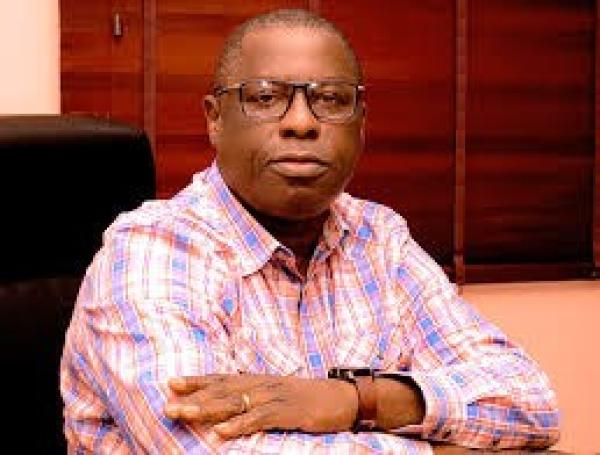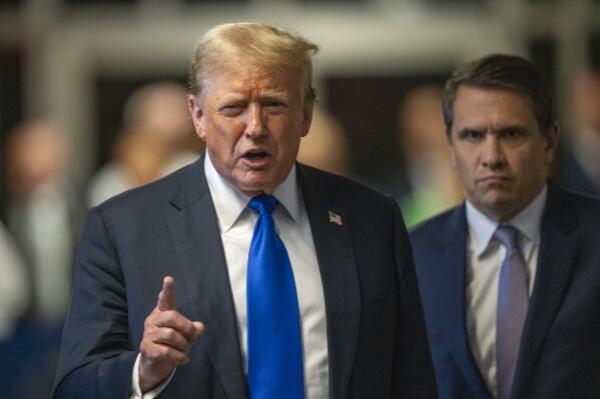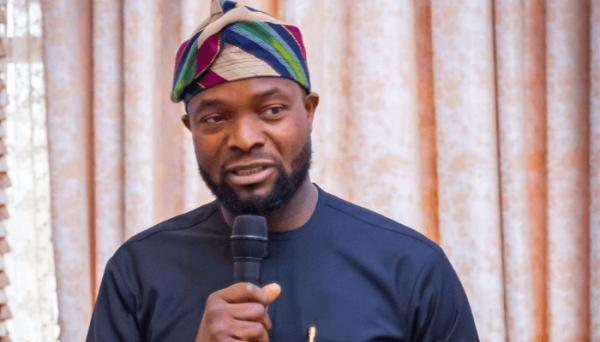
Japanese Prime Minister, Shinzo Abe
Japanese lawmakers on Wednesday approved a new term for Prime Minister Shinzo Abe, granting him a renewed mandate for his “Abenomics” strategies to revive the economy through monetary easing, government spending and structural reform.
Shinzo Abe won endorsement Wednesday to serve another term as prime minister after winning a renewed mandate for his “Abenomics” strategies for reviving the world’s third-biggest economy.
Abe was expected to appoint a former military officer, Gen Nakatani, as defense minister but to keep the other members of his previous cabinet. They were due to take office later in the day after donning formal attire for a ceremonial presentation to Emperor Akihito.
Abe won 328 votes out of the 470 cast by lawmakers in a special session of the lower house Wednesday. Since the ruling Liberal Democrats hold 326 lower house seats, two other lawmakers also cast votes for Abe.
The victory by the ruling Liberal Democrats and their coalition partner the Komei Party was viewed as an endorsement by the public of Abe’s strategies for reviving Japan’s stagnant economy, despite a record low turnout.
Former Defense Minister Akinori Eto was among cabinet ministers appointed in a reshuffle in early September. He was one of several ministers whose political funding reports were questioned by opposition lawmakers during the recent parliamentary session.
Two resigned their cabinet posts but were re-elected anyway.
The questions over political finance pulled Abe’s popularity ratings lower and were likely a factor in his decision to call the snap election.
Analysts said Eto’s handling of the questions was seen as too weak, and that Abe planned to appoint a stronger figure to help handle anticipated fierce questioning over defense-related issues in the next year’s parliamentary debate.
Nakatani is a graduate of the National Defense Academy who attained a rank of first lieutenant before leaving the military. He served as defense minister under former Prime Minister Junichiro Koizumi and supports a stronger role for Japan’s military, which is constrained by the country’s commitment to pacifism under the constitution drafted by the American occupation forces following Japan’s defeat in World War II.
Abe favors revising the constitution as part of his effort to fortify Japan’s military, after already revising policies to allow the defense forces to aid allies if they come under attack.
Two years after he first took office, Abe faces strong expectations for more aggressively tackling politically tough reforms for boosting the economy. Abe also served as prime minister in 2006-2007 before quitting due to health problems.
The economy fell into recession last year following a sales tax hike in April to 8 percent from 5 percent, prompting Abe to put off until 2017 a tax hike planned for October 2015.
Meanwhile, the central bank has stepped up its purchases of assets, pumping up to 80 trillion yen ($663 billion) a year into the economy to help drive prices higher and spur faster growth. A recent decision to shift more public pension money into stock investments is driving share prices higher.
Since Abe must call the next election by December 2018, he could have another four years to deliver on pledges to open markets and streamline regulations that have hindered Japan’s competitiveness. So far, Japan’s powerful bureaucracy and its rural and commercial sectors have resisted major changes, foiling earlier reform efforts.
But perhaps the biggest challenge is in getting private industry to significantly raise wages while they are still struggling to contain costs to compete with other big export economies. The meager increases in the past two years have not kept pace with inflation, hobbling a recovery in consumer demand needed to put growth on a sustainable path.
Such “structural problems, namely labor shortages and corporations shifting production overseas, have become more evident and offset the policy effects that Prime Minister Abe has pursued since he took office in late 2012,” IHS economist Harumi Taguchi said in a recent research note.
“Although the government has pledged to accelerate structural reforms, it will take some time to see the effects contribute to growth,” it said.
(AP)






















